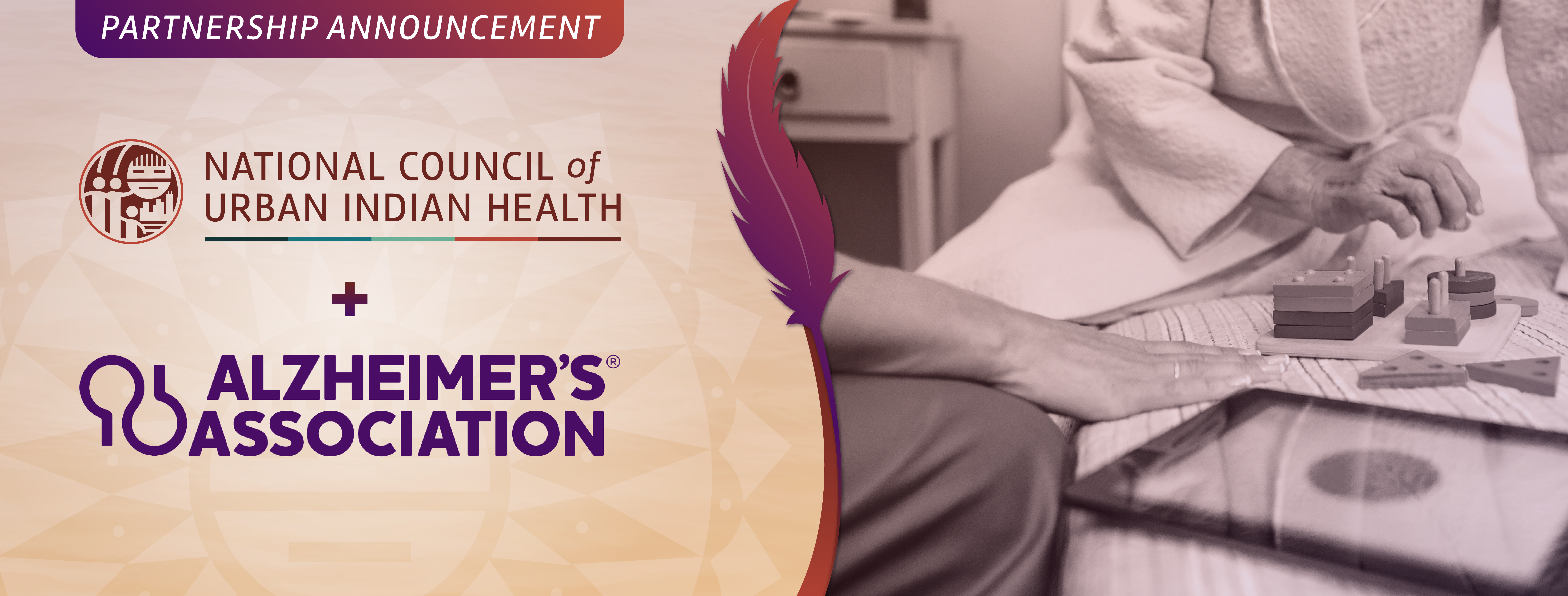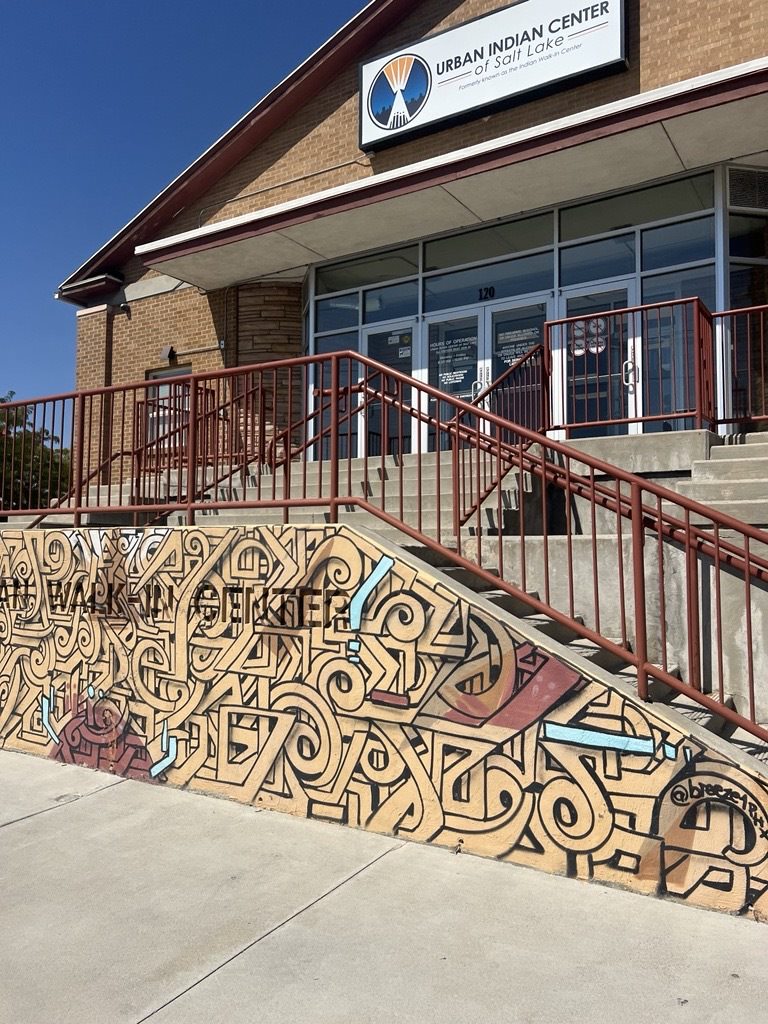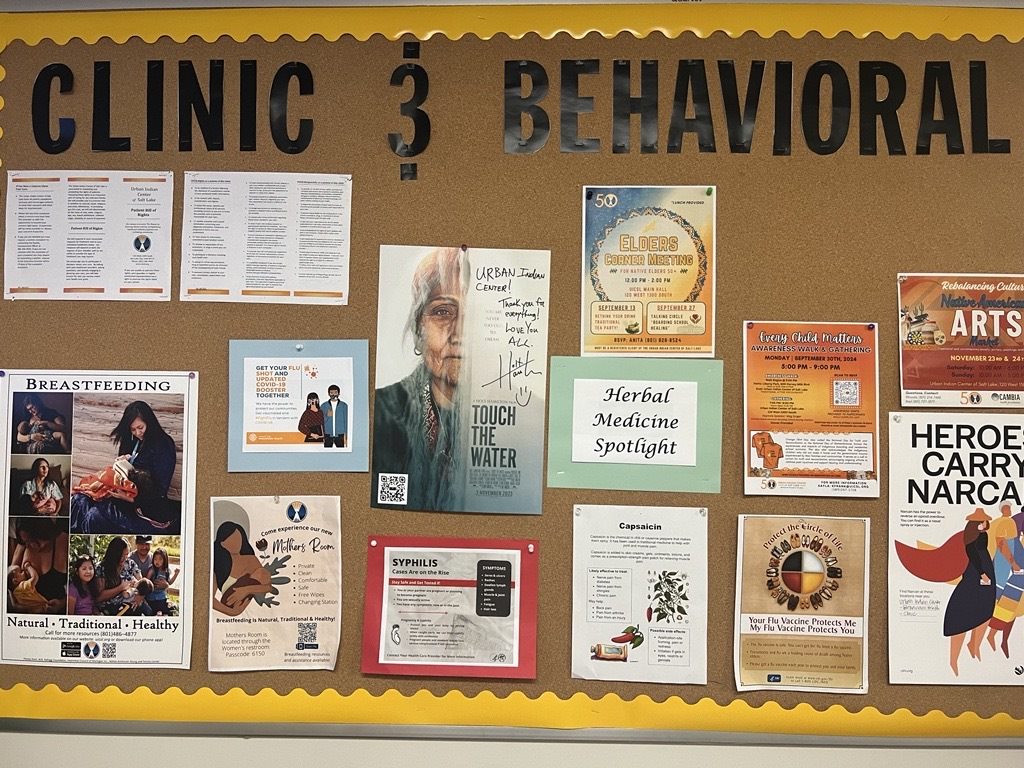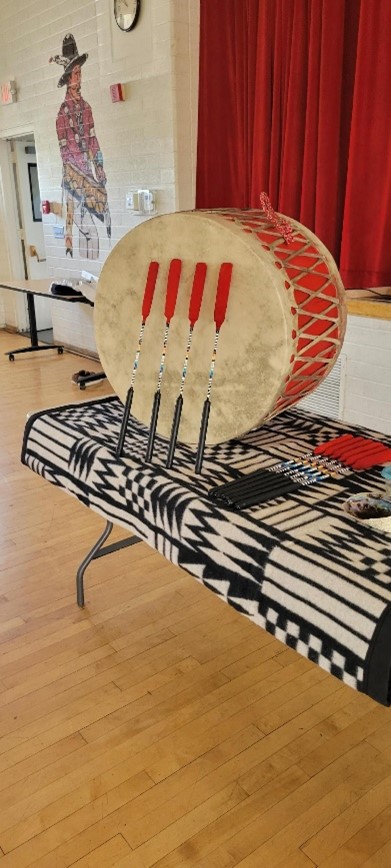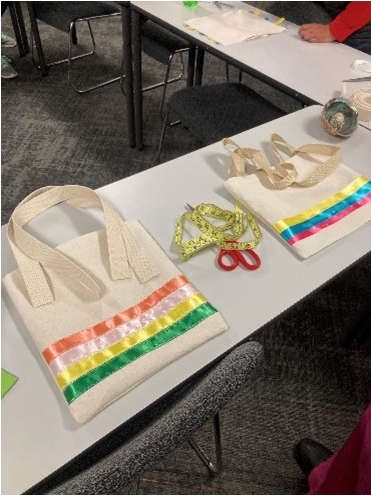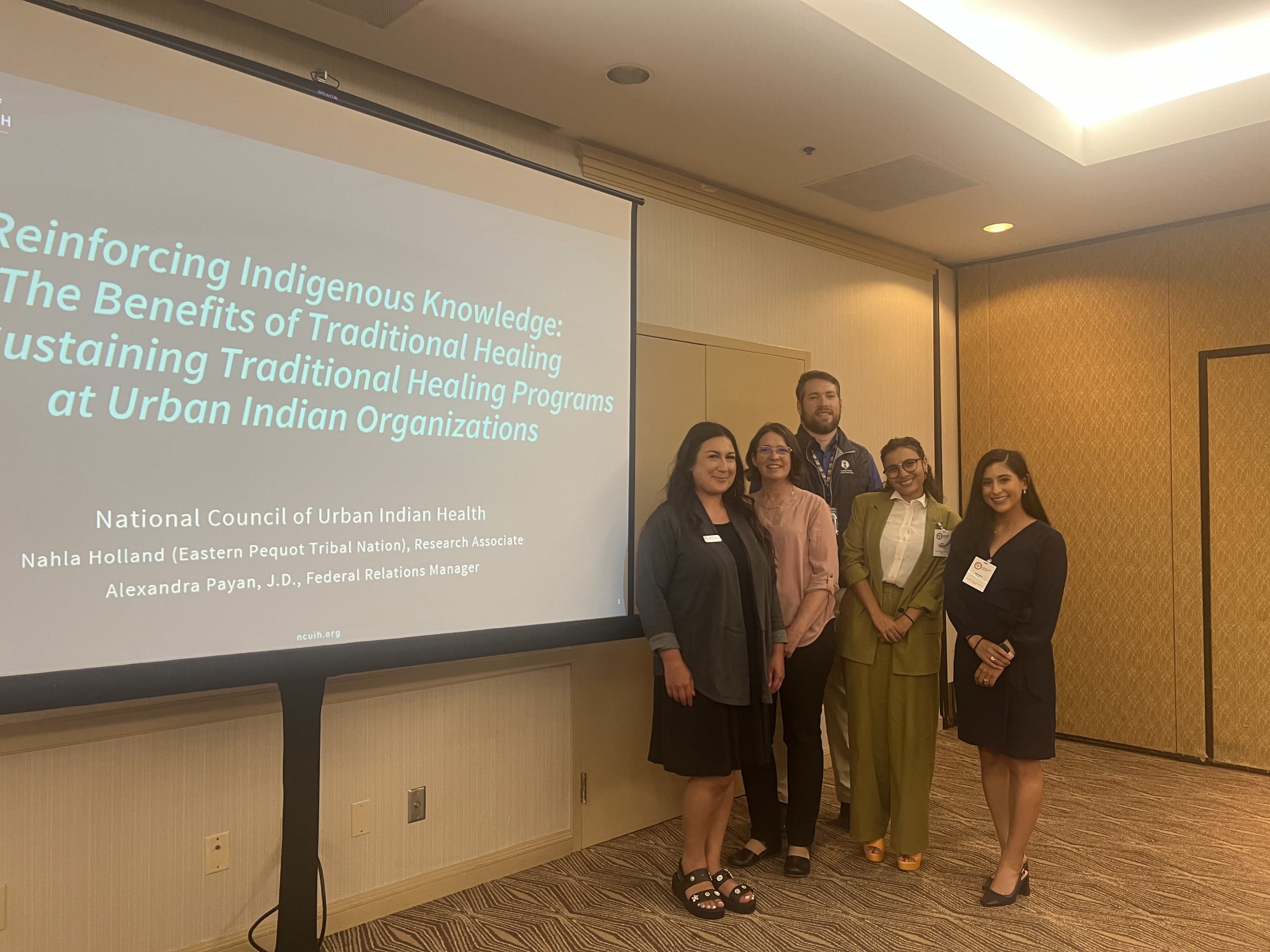New Brookings Report Underscores Need for Data, Funding, and Medicaid Reforms to Address Fentanyl Crisis in American Indian and Alaska Native Communities
On December 4, 2024, the Brookings Institution published their report, The Impact of Fentanyl on American Indian and Alaska Native Communities. This report analyzes how American Indian and Alaska Native (AI/AN) communities are harmed by the fentanyl crisis and highlight policy failures that have led to a disproportionate impact on AI/AN populations. The purpose of the report is to explore the factors that contribute to fentanyl use by AI/AN populations to then inform Congress, federal agencies, states, and Native nations how to respond to and treat substance use.
Disproportionate Fentanyl Overdose Rates Among AI/AN Populations
The report highlights how AI/AN communities have been uniquely impacted by the fentanyl crisis. For example, the highest rate of U.S. age-adjusted fatal drug overdoses in 2020 and 2021 were among AI/AN populations, at 42.5 and 56.6 deaths per 100,000 respectively. In 2022, the age adjusted fatal drug overdose rate for the AI/AN population was 65.2 drug deaths per 100,000, a rate over twice as high as the national average of 32.6 per 100,000. The report states that while this data is devastating, it is likely insufficient and inaccurate due to racial misclassification and data suppression and highlights that more AI/AN relevant data is necessary to improve policies intended to address drug-related mortality in AI/AN populations and save lives.
Need for Data, Funding, and Medicaid Reforms
Additionally, the report notes the need for evidence-based explanations for the disproportionate harm in AI/AN communities. However, it’s mentioned that even when Native nations and tribal organizations engage in reducing drug related harms, there are structural and funding barriers that prevent them from asserting self-determination and providing the necessary care or interventions. The federal barriers identified are lack of collaboration on Medicaid policy, restrictions on Medicaid reimbursement, and insufficient funding for IHS. The report also highlights the need to look into contributing factors and public health crises (i.e. suicide) that impact death and overdose rates.
Policy recommendations are provided to overcome the barriers identified. The key areas discussed in the report include:
- Expand funding for data collection and analysis of the fentanyl crisis’s impact on AI/AN communities
- Additional funding for tribal treatment and prevention programs, including culturally tailored treatment options
- Health care and insurance regulatory reforms to improve access to treatment for AI/AN patients and to improve quality of treatment for substance use disorders available to AI/AN communities
- State-level assessments to identify barriers faced by AI/AN communities in relation to education, health care, and justice for AI/AN populations with collaborations formed between tribal, state, and federal governments to address the root causes of health-related disparities
Recommendations specific to UIOs are under the topic of “health care and insurance regulatory reforms:”
- Native nations, IHS, and UIOs not be subject to the “four walls” interpretation (42 CFR § 440.90), which restricts reimbursement for services performed in community settings.
- CMS should create a pilot program that waives restrictions on Medicaid reimbursement for services provided to incarcerated AI/AN persons by Native nations, IHS, and UIOs.
- HHS should offer technical assistance and financial support to Native nations and UIOs to expand capacity to offer community-based health care services.
- CMS should make it a priority to reform how Native nations, IHS, and UIOs receive reimbursement to cover all forms of treatment offered, consistent with tribal determinants of health.
This report can be utilized as an educational tool by those within AI/AN communities, including those in urban areas. The recommendations provided would allow UIOs the ability to expand their efforts and be provided additional funding or resources to address substance use, notably in combating the fentanyl crisis.



